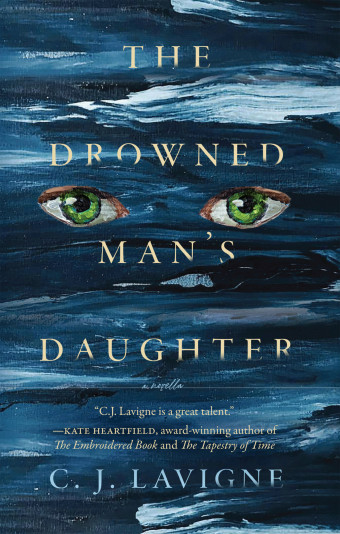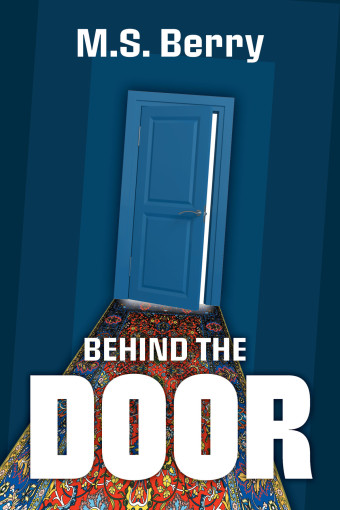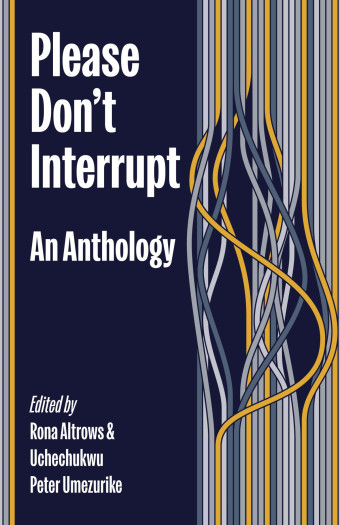Two highly anticipated debut novels by up-and-coming writers with Winnipeg connections were just published this spring. Both books – Casey Plett’s Little Fish (about a trans woman named Wendy Reimer) and Joshua Whitehead’s Jonny Appleseed (about a Two-Spirit man) – have a good deal in common, besides their Winnipeg settings.

- Jonny Appleseed
- Joshua Whitehead
- Arsenal Pulp Press
- $17.95 Paperback, 224 pages
- ISBN: 978-15-51527-25-3
“Winnipeg, and manitowapow, have nourished me with story from day one,” Whitehead says. “I owe that back. Every time I come back and I walk those streets full of brown folks, I feel full, I feel home.”
Plett says she set her novel in Winnipeg “because that’s where I was living when I began to write it and nowhere else felt correct.
“A slightly deeper answer, maybe,” she adds, “is, because of the Mennonite stuff, that Winnipeg made more sense than anywhere else. I was certainly inspired by other Mennonite writers for whom the relationship between city and country is central, Miriam Toews and Sandra Birdsell in particular.”
The two novels also delve into family, its possible configurations, betrayals, and loyalties.
About Wendy, Plett says, “She is deeply close with and relies on both her close friends (‘chosen family’) and her dad (‘biological family’). She has actively made that choice to upkeep those relationships, just like some in Wendy’s biological family have at points made the active choice to lessen their ties with her because she is a transsexual.
“Wendy’s femininity has been degraded, examined, judged, assaulted, and ridiculed at every corner. This is a common experience for transsexual women, and more broadly for marginalized women in general. What Wendy wants is for masculinity to be better.”

- Little Fish
- Casey Plett
- Arsenal Pulp Press
- $19.95 Paperback, 320 pages
- ISBN: 978-15-51527-20-8
Whitehead declares, “Family is everything to me. I tell myself that I never write in a vacuum, that I am not the sole author of anything I say. This book is a tapestry of voices that I have heard from my kokums, aunties, uncles, mother, father, siblings, my cousins, niece, and most importantly, the land itself. Jonny is simply an animation, an avatar, one who brings them all together, shares them, nurtures them.”
Similar pursuits drive each novel, as well.
“Embodying Two-Spiritedness is the driving force of Jonny,” says Whitehead. “He thrives because he has come to find a balance between his spirits: feminine and masculine. He’s a wonderworker, that boy, the way he eats injury and regurgitates resurgence.”
Jonny spends much of his novel trying to get from Winnipeg back to his reserve.
“His place in the community is definitely fractured. Being a ‘self-ordained glitter princess,’ he is a bit of a pariah, an outcast, one that is doubled when you lace that into his Indigeneity. But he loves the rez more than anything. His place is one he fashions himself, even if it does not want him.”
“What if they could be honest? What if they could tell each other everything?” -Casey Plett
Plett’s novel begins with a telephone conversation between Wendy and a stranger, Anna Penner, a holder of secrets. The novel builds towards a meeting between the two.
“Wendy and Anna, on their surface, have very different lives,” Plett says. Wendy is a young transsexual sex worker, whereas Anna is an elderly Evangelical Mennonite Conference rural farmwife.
“But they’re drawn to each other, even though their conceptions of each other are built on lies,” she says. “My main thought is: What if Wendy and Anna could be honest? What if they could tell each other everything? They have so much to offer each other, I really believe that.”













